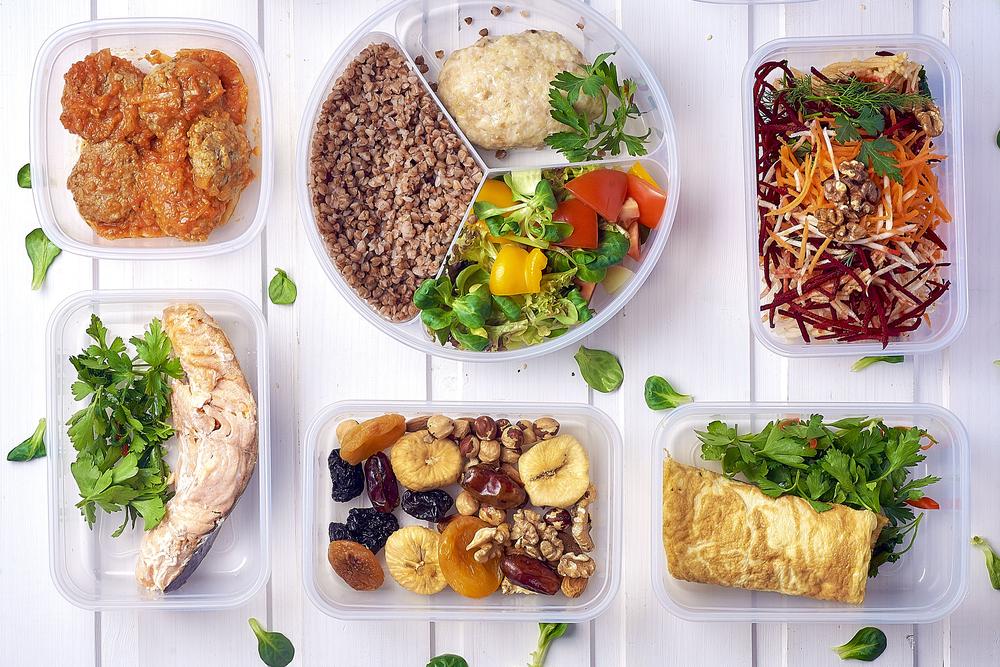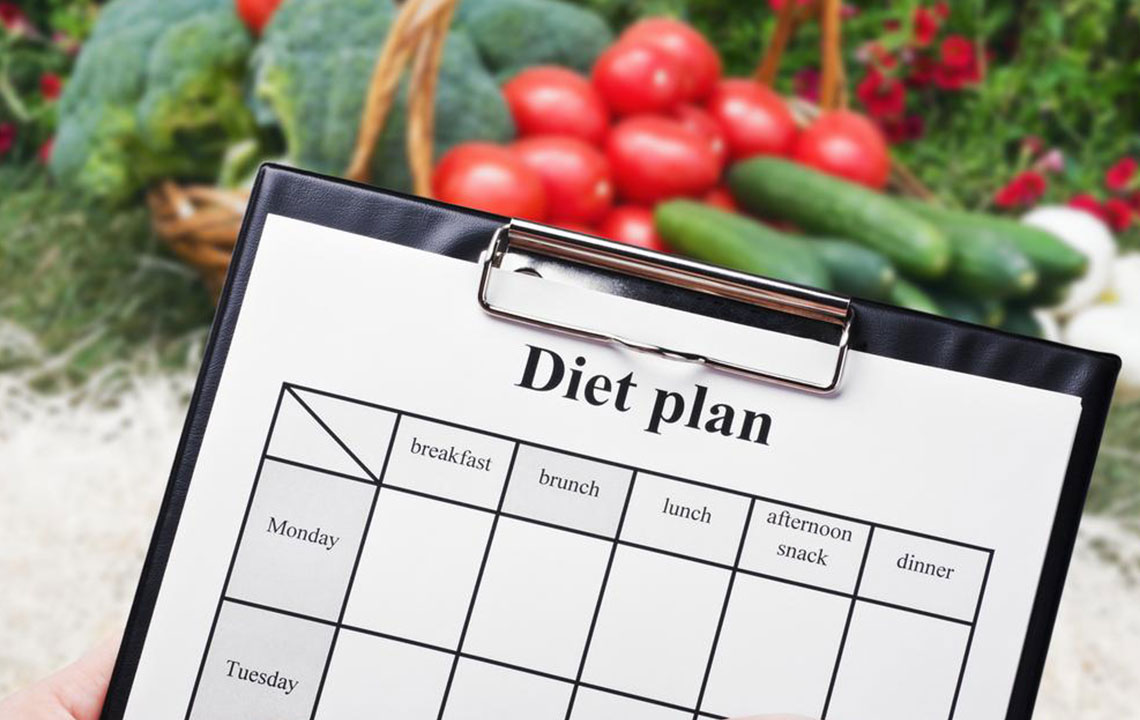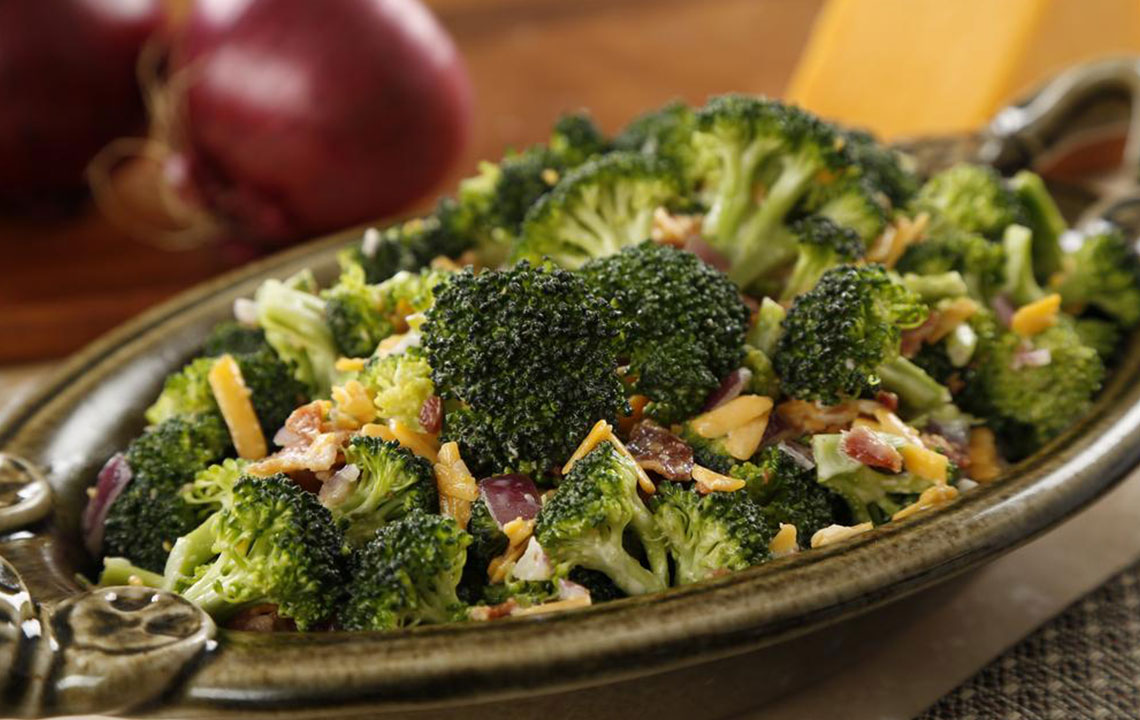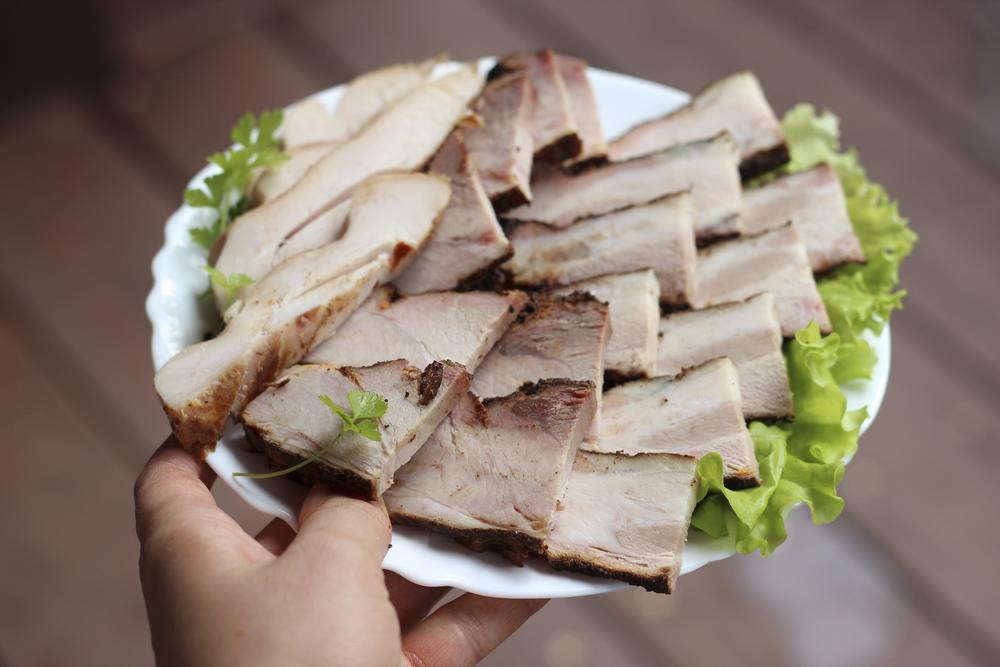Top 4 Dietary Approaches for Managing IBS Symptoms
Discover four effective dietary strategies to manage IBS symptoms, including high-fiber, gluten-free, low FODMAP, and low-fat diets. Personalized approaches and professional guidance are key to symptom relief and improved digestive health.
Sponsored

Managing irritable bowel syndrome (IBS) can be complex, as symptoms vary significantly among individuals. Some may face diarrhea, others constipation, or alternating patterns. Various triggers, including stress, medications, hormonal changes, inactivity, and specific foods, can worsen symptoms. Food-related triggers are especially common, with dairy, refined sugars, high-fat foods, preservatives, and gluten often playing a role. To reduce discomfort, healthcare providers often recommend specific dietary strategies tailored for IBS management.
High-Fiber Diet
For those experiencing constipation due to IBS, increasing fiber intake can be beneficial. Fiber softens and bulks stool, easing passage through the intestines. It’s recommended to focus on soluble fiber, which is found in fruits, beans, oats, barley, sweet potatoes, Brussels sprouts, carrots, sunflower seeds, and hazelnuts. This approach helps promote regular bowel movements without aggravating symptoms.
Gluten-Free Regimen
Many individuals with IBS are sensitive to gluten, a protein in wheat, barley, and rye. Recognizing gluten intolerance involves observing reactions like bloating, pain, and gas after consuming gluten-containing foods. Eliminating gluten entirely can alleviate symptoms, with substitutes like quinoa, buckwheat, rice, polenta, and millet available to replace traditional grains.
Low FODMAP Diet
Doctors may recommend a low FODMAP plan, which limits foods rich in fermentable carbohydrates that can trigger IBS symptoms. These include certain vegetables—such as asparagus, beans, broccoli, garlic, onions, mushrooms, cauliflower, and cabbage—wheat and rye products, nuts like cashews and pistachios, fruits including apples, cherries, mangoes, and watermelons, as well as dairy and processed foods with high-fructose corn syrup. Artificial sweeteners like mannitol and sorbitol should also be avoided.
Low-Fat Diet
High-fat foods can lead to diarrhea or constipation in IBS patients. Foods like full-fat dairy, fried items, and fatty meats should be limited. Instead, incorporating fruits, vegetables, grains, and low-fat dairy can help manage symptoms effectively.
Remember, the best IBS diet varies per individual. Patients should experiment within safe boundaries and stay in contact with healthcare professionals to develop a tailored, effective nutritional plan.






